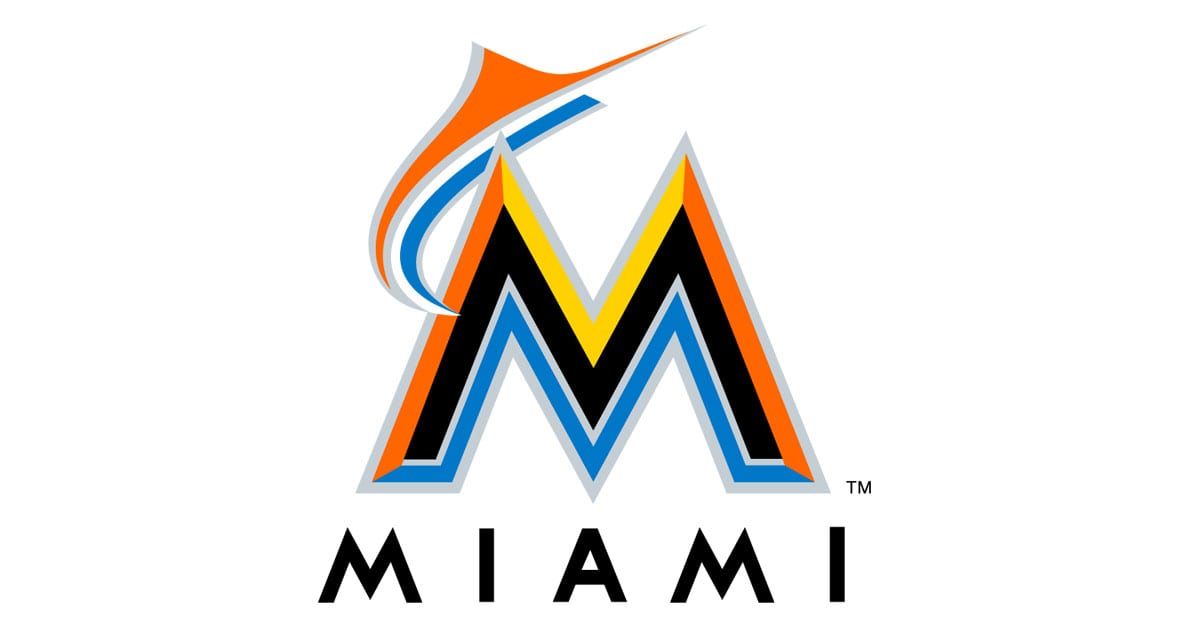Marlins denied arbitration over claims it owes city and country money

Miami-Dade County’s attorney has denied the request of the Miami Marlins‘ current and former ownership groups to go to arbitration instead of fight in court over the county’s and city’s claims that they’re both owed proceeds from Jeffrey Loria’s $1.2 billion sale to financier Bruce Sherman and Yankees great Derek Jeter in October.
In the process, Miami-Dade County attorney Abigail Price-Williams, in a 20-page rebuttal, scolded the Sherman-Jeter group for claiming, “incredibly,” earlier this month that Miami-Dade County was not the proper venue because one of their owners had a company in the British Virgin Islands. That, they said, made them a corporate citizen of the BVI.
The county argued that the former ownership could have been granted arbitration over what amount was owed to the city and the county if it provided both with detailed financial reasons for a certain figure, something the county said the Loria group did not do. The county also said the Marlins’ new ownership group did not fully participate in an evidentiary hearing.
Now a judge will decide how it will be argued and if, as the team’s current ownership hopes, the venue needs to be changed.
A source with knowledge of Marlins ownership told ESPN that the setup in the British Virgin Islands was more to protect the team than to come up with some sort of fortuitous structure.
The investor is from South America, the source said, and the team wanted to make sure the investment wasn’t considered a South American investment due to the government seizing assets from businesses. The BVI corporation offered an additional level of protection, the source said.
For example, the address of the corporate office of the business, Abernue Ltd., is a post office box in the British Virgin Islands. That much was discovered last week by Miami sports radio personality Andy Slater, who visited the location and confirmed with the post office that the company received its mail there. A further investigation by ESPN uncovered that the corporation did not exist before the Marlins’ sale.
ESPN obtained the registration of the company, Abernue Ltd., from BVI’s registry of corporate affairs. Abernue Ltd. was incorporated on July 7, 2017 — 35 days before then Marlins president David Samson confirmed that owner Jeffrey Loria would sell the team.
Abernue Ltd. is not tied to any individual in the filings, and ownership of a company registered in the British Virgin Islands can be revealed only through a court order.
Instead, it’s registered agent is the MMG Trust, an organization put together by a law firm named Morgan & Morgan, which has offices in the BVI.
On its website, Morgan & Morgan points out what has made the British Virgin Islands so popular: Corporations can be registered, aren’t subject to any type of taxes, including capital gains taxes, and the individuals have no responsibility to update the country on any of the organization’s activities.
The phone number listed on the firm’s website for Luis Manzanares, the managing partner of the trust, was not in service. An associate of Manzanares, attorney Yosela Escudero, returned an email addressed to Manzanares saying that Morgan & Morgan could not reveal any details about Abernue because “we are bound by attorney privilege, which has not been waived by client.”
Bill Maurer, professor of anthropology and law at UC Irvine, said the three reasons to set up a corporation in the BVI are to further mask the ownership of an organization, protect or hide assets, or do what the Marlins wound up doing, using the setup to get a more favorable jurisdiction for any legal proceedings.
That’s one of the reasons why, Maurer said, companies incorporate in Delaware, so they can push legal proceedings to the state’s Court of Chancery, which acts more like an arbitration instead of a standard trial. The main Marlins investment from the new owners is incorporated in Delaware, not Florida. It’s a common tactic, as more than 60 percent of Fortune 500 companies have their corporation set up in that state.
“Major League Baseball vetted and authorized all the members of our ownership group,” Marlins spokesman Jason Latimer said. “We are proud of the international makeup of our ownership group, reflective of the diversity of Miami and South Florida. The name on our jersey says Miami and this ownership group remains committed to the community.”
It is not known what type of money, if any, was cycled by the investor through this vehicle, but Maurer said the BVI is typically set up for corporations and trusts, not as a venue where much offshore money is actually stored.
Despite the fact the grouping of 60 Caribbean islands that make up the BVI has only 25,000 inhabitants, more companies are incorporated there than any other place in the world.
